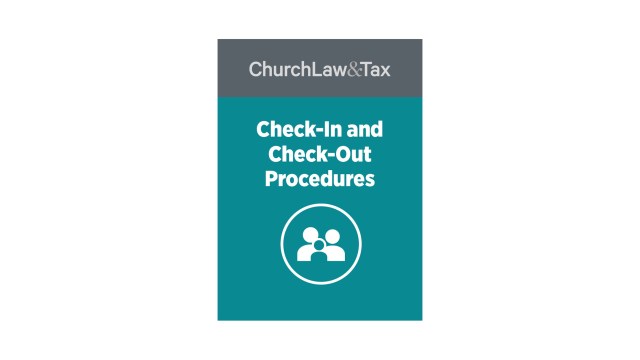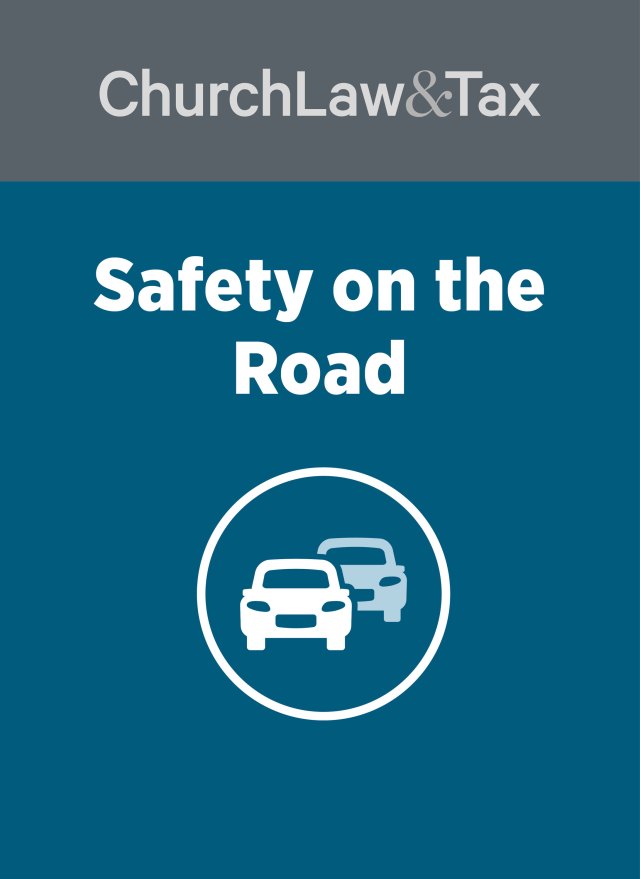• A Florida court addressed the interesting question of the legal effect of not wearing a seat belt. A woman was injured when she was struck by a church-owned vehicle that was being driven in a negligent manner. The woman sued the church, and a jury found the church negligent, assessing damages at $300,000. However, the jury also found that 80% of the woman’s injuries were attributable to her failure to wear a seat belt, and accordingly her damages were reduced by 80% (or $240,000) to a total of $60,000. At the trial, the church established that the woman’s car had a seat belt. The woman herself testified that she was thankful not to have worn the belt because of her belief that a seat belt would have caused additional injuries. The woman appealed, and a state appeals court ordered the church to pay the full verdict of $300,000 on the ground that it had failed to prove that the seat belt was operational. The court noted that in order for an accident victim’s damages to be reduced for failure to wear a seat belt, it must be proven that a seat belt was available, that it was operational, and that the victim’s failure to use the belt contributed substantially to at least a part of his or her injuries. While the church had established that a seat belt was available and that the victim’s injuries were substantially attributable to her failure to wear the belt, it had failed to prove that the seat belt was “operational.” Accordingly, there was no basis for reducing the judgment of $300,000. This case is interesting, since it illustrates the willingness of some courts, under certain conditions, to reduce an accident victim’s monetary damages if he or she was not wearing a seat belt at the time of the accident. Not only is this a defense that is available to churches in some states to reduce the amount of damages they owe to an accident victim whose injuries are attributable in part to a failure to wear a seat belt. But church leaders should also recognize that if they are injured by the negligence of another driver, the money damages to which they are entitled may be reduced if they were not wearing an available and operational seat belt at the time of the accident. This certainly should serve as additional motivation for encouraging all church staff to wear seat belts. Smith v. Holy Temple Church of God in Christ, Inc., 566 So.2d 864 (Fla. App. 1990).
Negligence as a Basis for Liability – Defenses
© Copyright 1991, 1998 by Church Law & Tax Report. All rights reserved. This publication is designed to provide accurate and authoritative information in regard to the subject matter covered. It is provided with the understanding that the publisher is not engaged in rendering legal, accounting, or other professional service. If legal advice or other expert assistance is required, the services of a competent professional person should be sought. Church Law & Tax Report, PO Box 1098, Matthews, NC 28106. Reference Code: m58 m 90 m86 c0391




